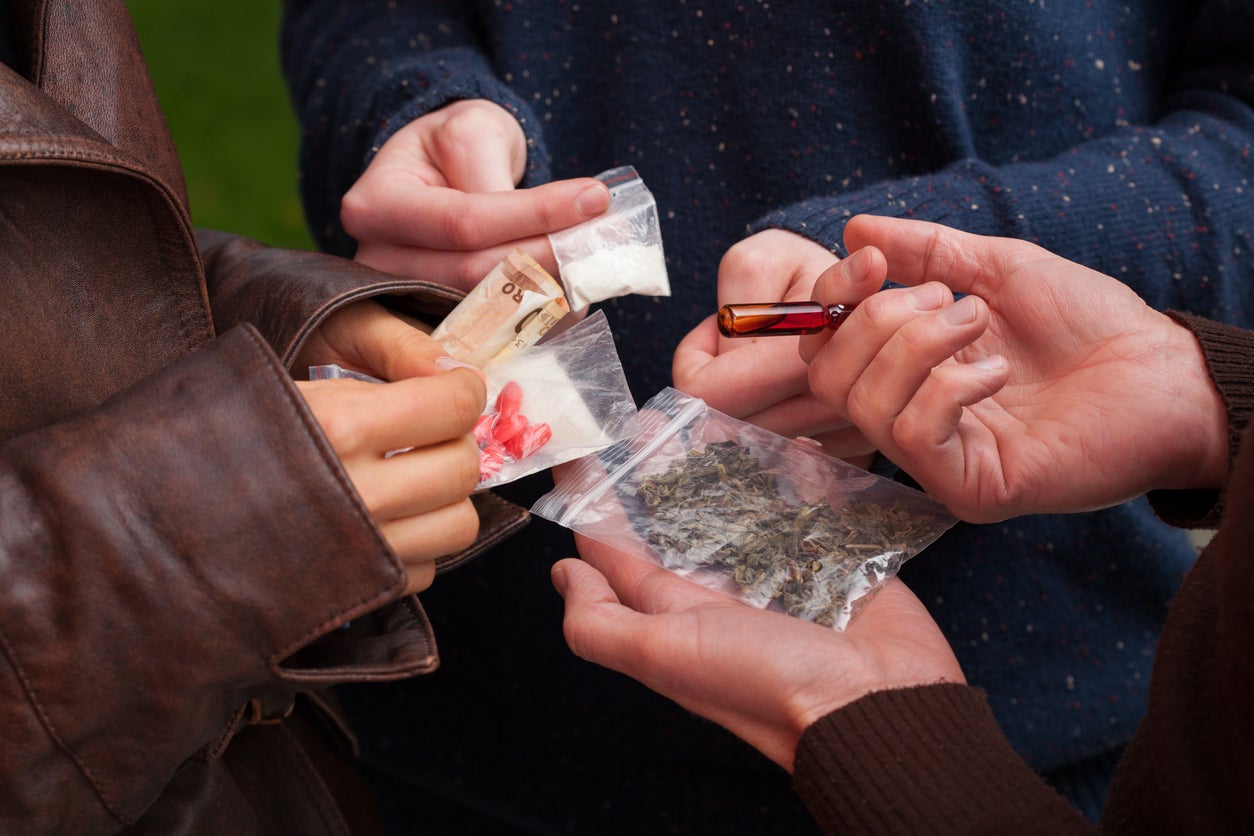Young drug users who quit by 30 do not harm life chances, study says
Researchers say findings could help policymakers to ‘alter young people’s life trajectory,’ reports Matt Mathers


Teenagers who use drugs such as cannabis and amphetamines but quit before age 30 are not harming their life chances, according to a new study.
Drug users who ditched their habits while young adults did not have lower economic and relationship success or life quality, found researchers in Australia.
The research looked at the lives of more than 2,000 children born to mothers taking part in the Mater-University of Queensland Study of Pregnancy, which has followed a cohort of women who were expecting children in 1981 and their families in the subsequent decades.
Professor Najman, of the University of Queensland in Australia, one of the study’s lead authors, said the results represent an opportunity for policymakers to alter “young people’s life trajectory”.
“Adolescent behaviour problems predict drug use at 21, and drug use and life success at 30,” he said.
“But teenage drug use or disorders don’t appear to predict life success in adulthood among those who have ceased taking drugs before the age of 30.”
He added: “What seems to best predict low life-success outcomes is the persistence of cannabis and amphetamine use. Our findings, linking problem behaviour and school problems in adolescence with drug use and life success, represent an opportunity for policymakers to alter the young person’s life trajectory.”
The researchers also said their conclusions, published in the journal Addiction Research and Theory this week, demonstrate the importance of young people stopping recreational drug use in adulthood so that health and wellbeing are not compromised.
As part of the research, children were tested for their IQ, mental health, aggression and delinquency at age 14.
They also looked at information about their mothers, including the number of partners and the child’s contact with police.
Those involved in the study then self-reported their drug use at specific ages, including 21 and 30.
Participants were also interviewed about behaviour linked to their drug use, cannabis and amphetamine use was self-reported at specific age points, including 21 and 30.
The authors also interviewed participants at the age of 21 about behaviours linked to past drug-taking, such as drug-related disorder.
Income, education and home ownership were three indicators used to determine life success at age 30.
Quality of life and intimate relationships were also considered.
Early age use of cannabis and/or amphetamines did not appear independently to predict life success at 30, the researchers concluded, although they said that more research was needed to determine outcomes for young people who had high rates of drug use, which is strongly linked to lower life success.






Join our commenting forum
Join thought-provoking conversations, follow other Independent readers and see their replies
Comments